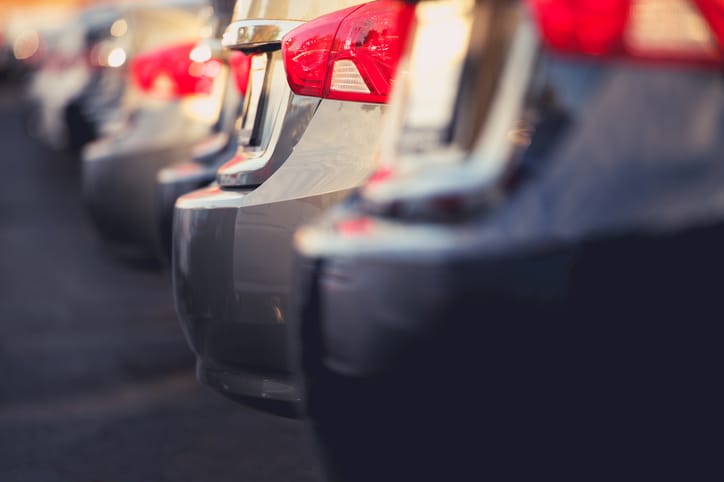
By Ali Shah CEO of TravelUp
Campaigning for a total reform of the way airlines process the money which travellers have paid for flights by proposing a new ‘trust account’ model where payment for tickets would be ringfenced until flights depart
The UK has a rich history as a global transport hub. While we all value our holidays as individuals, the value of travel to the UK economy cannot be overlooked. In 2019, the 40.9 million overseas visitors who came to the UK spent £28.4 billion. While many of us don’t consider the UK economy to be as dependent on tourism as some of our European counterparts, in 2018 the UK ranked 8th in UNWTO international tourist arrivals league and 11th in the international tourism earnings, accounting in total for 2.7% of global arrivals. London is also the second most visited city in the world, behind only Hong Kong.
Travel has therefore profoundly shaped the modern UK economy. The industry accounts for 9.6% of total UK jobs and 9% of the UK’s GDP. Yet, the emergence of Covid-19 has unquestionably provided us with our biggest challenges to date, and they are continuing to mount. The complete global shutdown of the industry was devastating, but as we have reopened government strategy is now in real danger of causing irretrievable harm to every aspect of the sector.
Spain and France, the UK’s two biggest travel partners are now both under quarantine measures where visitors who return to the UK must self-isolate for 14 days. For most people, the amount of disruption this would cause to work or schooling has left them either unable to travel, or in a rush to return before the set deadline. After the rules were announced on August 13 at 10pm, it was reported around 12,000 people attempted to buy tickets for the Eurotunnel within a single hour.
This followed the events of a few weeks ago where 47 airlines, airports and tourism groups have written to Boris Johnson demanding a change in policy that they argue risks leaving the sector “permanently scarred.” This not only refers to the decisions to blacklist entire countries, but in the case of Spain, to do so within five hours of the announcement. A strategy that has the potential to erode consumer confidence when it comes to travelling. The international Air Transport Association has already revised its prediction for recovery by another year to 2024.
While it is understandable so many in the travel industry are unhappy with the current situation. We also have to accept that managing a pandemic is incredibly difficult and that the travel industry has to adapt to the new reality as well. It’s clear that the industry must now strive to provide customers with more flexibility and more support than ever before. If we are to maintain consumer confidence in travelling, its time passengers felt like governments and travel companies were on their side.
In a promising start, Heathrow Airport announced a new testing facility that it hopes could bring an end to 14-day isolation on new two-stage testing scheme at airport. The facility could test 13,000 passengers a day with results delivered in hours. It has already been successfully trialed in Iceland and the government should consider the beneficial practicalities of such a scheme in comparison to quarantine, which cannot continue indefinitely. Ideas like this can bring some life back into the industry, but many travelers may still feel resigned to the financial risks.
That’s why we’ve begun lobbying the Civil Aviation Authority (CAA), MPs and Government Ministers to propose a ‘trust account model’ where payment for customer tickets is ringfenced and only transferred to the airline once the flight departs. This would enable funds to be returned quickly and give back more control to the consumer. Many passengers have experienced frustrating delays over the last few months trying to get their money back after flights were cancelled. Some airlines have refused to issue refunds at all and have instead only offered credit vouchers for future flights.
At TravelUp, which passes ticket payments straight on to airlines, we’ve found ourselves having to battle to get money back on behalf of customers.
We’re proposing the CAA introduces a new system, in association with the International Air Transport Association (IATA), so money is only transferred to the relevant airline once the flight has departed. This would enable funds to be returned quickly if the flight does not leave. This new system would replicate what happens in other areas of the industry, and similar schemes have been shown to work for travel consortia.
Lockdown has given every industry a chance to reassess how it operates with a “pause moment”. If the UK’s significant travel sector is to deliver for passengers and deliver value to the economy, it has to also adapt to the pain we are all experiencing. We need to provide flexibility like never before and trust that people will keep faith with travel. Changing when the money is given to airlines is a simple and cost-effective way to restore parity between consumers and airlines, but more can be done. We’ll continue to campaign for the change that is needed for us to adapt and learn to live with this virus, and perhaps it can leave some lasting positive change.


